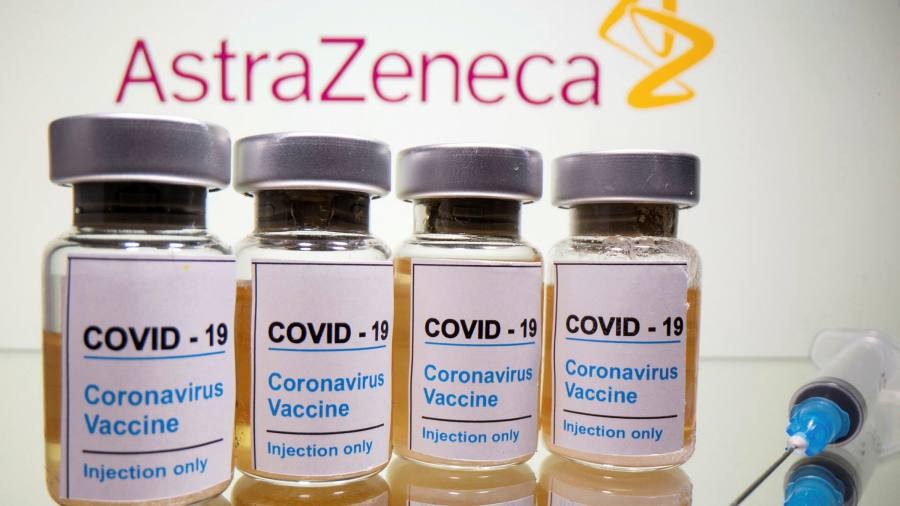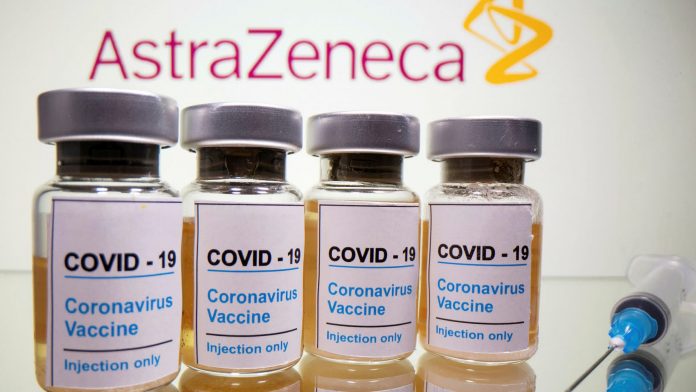
The EU and AstraZeneca failed to end a crisis over coronavirus vaccine supplies, as Brussels attacked the company’s “continued lack of clarity” on its delivery schedule and demanded it come up with a clear plan.
While both sides said high-level emergency talks held on Wednesday night had been “constructive”, they did little to resolve the dispute over whether the company should deliver tens of millions more doses to the EU than it plans to over the first three months of the year.
The negotiations came after a dramatic escalation of the spat on Wednesday, when the European Commission said AstraZeneca must use production from its UK plants to make more deliveries to the EU. The company insists that its contract with the European bloc does not bind it to stick to its original delivery schedule, but only to make its “best effort” to do so.
Stella Kyriakides, the EU’s health commissioner, said late on Wednesday that the European bloc remained “united and firm” in its belief that “contractual obligations must be met”.
“We regret the continued lack of clarity on the delivery schedule and request a clear plan from AstraZeneca for the fast delivery of the quantity of vaccines that we reserved for Q1,” she tweeted after the talks with company representatives including Pascal Soriot, chief executive. “We will work with the company to find solutions and deliver vaccines rapidly for EU citizens.”
AstraZeneca said Mr Soriot had been pleased to participate in the meeting with the EU’s vaccine steering board, which includes representatives from the commission and member states.
“We had a constructive and open conversation about the complexities of scaling up production of our vaccine, and the challenges we have encountered,” the company said. “We have committed to even closer co-ordination to jointly chart a path for the delivery of our vaccine over the coming months as we continue our efforts to bring this vaccine to millions of Europeans at no profit during the pandemic.”
EU officials say AstraZeneca now plans to deliver only about a quarter of the 100m or more doses expected during the first three months of the year, dealing a heavy blow to the European bloc’s already lagging vaccine rollout. The company has blamed the shortfall on supply chain problems and has insisted that — contrary to EU officials’ suspicions — it has not diverted deliveries from the European bloc to the UK or other countries.
The European Medicines Agency regulator could decide to give its long-awaited approval to the AstraZeneca vaccine at a meeting on Friday. Also on Friday, the commission is due to unveil proposals to tighten rules on exports of jabs outside the bloc, although it remains unclear whether it will give member states the powers to block shipments.





